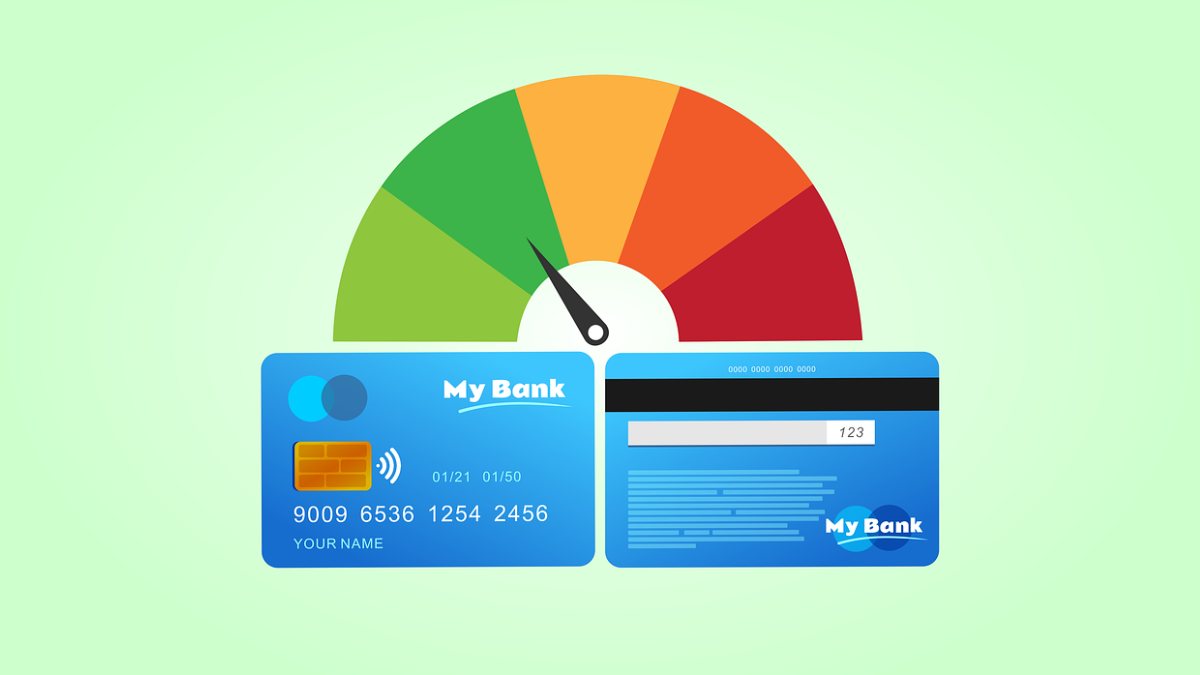Credit scores control your financial destiny, yet countless myths surround this three-digit number. Many Indians believe in outdated information about credit scoring. It prevents them from securing a personal loan when they need a loan during an emergency scenario. The following myths create unnecessary stress while preventing everyone from making smart financial decisions. So, let’s find out the myths and facts accordingly.
Table of Contents
ToggleMyth 1 – Checking the Score Will Damage It
Many people avoid checking their credit reports, fearing score reduction. This belief stems from confusion between hard and soft inquiries. When you check your own score, it creates a soft inquiry that leaves your rating untouched.
Banks perform hard inquiries during loan applications, which may temporarily lower scores by 2-5 points. Regular monitoring helps you spot errors and identity theft early. Free annual reports from credit bureaus provide comprehensive credit histories. Monthly score tracking shows improvement patterns and alerts you to sudden changes requiring immediate attention.
Myth 2 – Closing Old Credit Cards Will Improve the Eligibility for Personal Loans
People think closing unused credit cards will boost their credit scores immediately. This action often backfires and can actually lower your score significantly. Old credit cards show your credit history length, which helps your score. Closing cards also reduces your total credit limit, increasing your utilisation ratio. Keep old cards active with small purchases to maintain good credit history.
Myth 3 – You Need Perfect Credit for Personal Loan Approval
Many believe only people with perfect credit scores can get loans approved. This myth prevents eligible borrowers from applying for funds they actually qualify for. Lenders approve a personal loan for self-employed individuals and salaried workers with varying credit scores. Different lenders have different minimum score requirements and approval criteria. Some approve loans for scores as low as 650 with proper documentation.
Myth 4 – Debt Consolidation Loans Always Lower Your Credit Score
Many avoid consolidation, thinking it will hurt their credit rating permanently. Debt consolidation loans can actually improve your score when used correctly. Consolidating multiple debts reduces your credit utilisation across different accounts. Making single monthly payments becomes easier and reduces the chances of missed payments. Your score improves as you pay down the consolidated debt amount.
Myth 5 – Medical Emergency Loan Applications Hurt Your Credit
Emergencies make people worry that loan applications will damage their scores. Multiple loan applications in short periods can affect your score temporarily. However, medical emergency loan applications for genuine needs are often necessary financial decisions. Smart borrowers research lenders and apply strategically to minimise the impact of credit inquiry. One or two applications rarely cause significant score damage.
Myth 6 – Credit Scores Take Years to Improve
Many people give up trying to improve their scores, thinking it takes decades. Credit scores can improve within months with consistent good financial behaviour. Payment history improvements appear within 30-60 days of your report. Reducing credit utilisation below 30% can boost scores within three months. Small positive changes compound quickly when you stay consistent with payments.
Myth 7 – Small Cash Loan on Aadhar Card Doesn’t Affect Credit
People believe small loans using Aadhar cards won’t appear on credit reports. Every formal loan, regardless of size, gets reported to credit bureaus. A small cash loan on Aadhar Card from registered lenders appears on your report. Missing payments on small loans can damage your score significantly.
Myth 8 – Your Income Directly Impacts Your Credit Score
People think higher salaries automatically mean better credit scores in India. Your salary amount does not directly influence your credit score calculation. Credit bureaus focus on your payment history, credit utilisation, and account management. Your spending habits and repayment behaviour matter more than your income level.
Myth 9 – Multiple Credit Cards Always Hurt Your Score
People think having several credit cards automatically damages their credit rating. This fear stops them from strategically building a diverse credit portfolio. Multiple cards can actually improve your score when managed properly. More cards mean higher total credit limits, which lowers your utilisation ratio. The key is keeping balances low across all cards and making payments on time.
Myth 10 – Co-signing Loans Doesn’t Affect Your Credit Score
Many people agree to co-sign loans – thinking it would not impact their credit. This dangerous myth has recently destroyed countless credit scores across India. Co-signing makes you equally responsible for the entire loan amount and payments. Late payments by the primary borrower appear on your credit report immediately. Your credit utilisation increases even though you didn’t receive the loan money directly.
Knowing the credit score realities helps you make smarter financial decisions confidently. These myths prevent millions from accessing personal loans when life demands quick solutions. Knowledge empowers you to build stronger credit profiles through informed actions rather than fear-based avoidance. Start monitoring your score regularly and take corrective steps where needed today.
Also Read: Why Your Business Needs Visitor Management Software
Shashi Teja
Related posts
Hot Topics
Why Faxing From Your Phone Is a Game-Changer for Remote Work
Faxing might sound old-school, but it’s still a major part of business communication for many industries. As per Statista’s 2024…
9 Ways Agentic AI Will Transform Your Enterprises
The conversation around artificial intelligence (AI) has shifted from whether businesses should use it to how they can maximize its…



